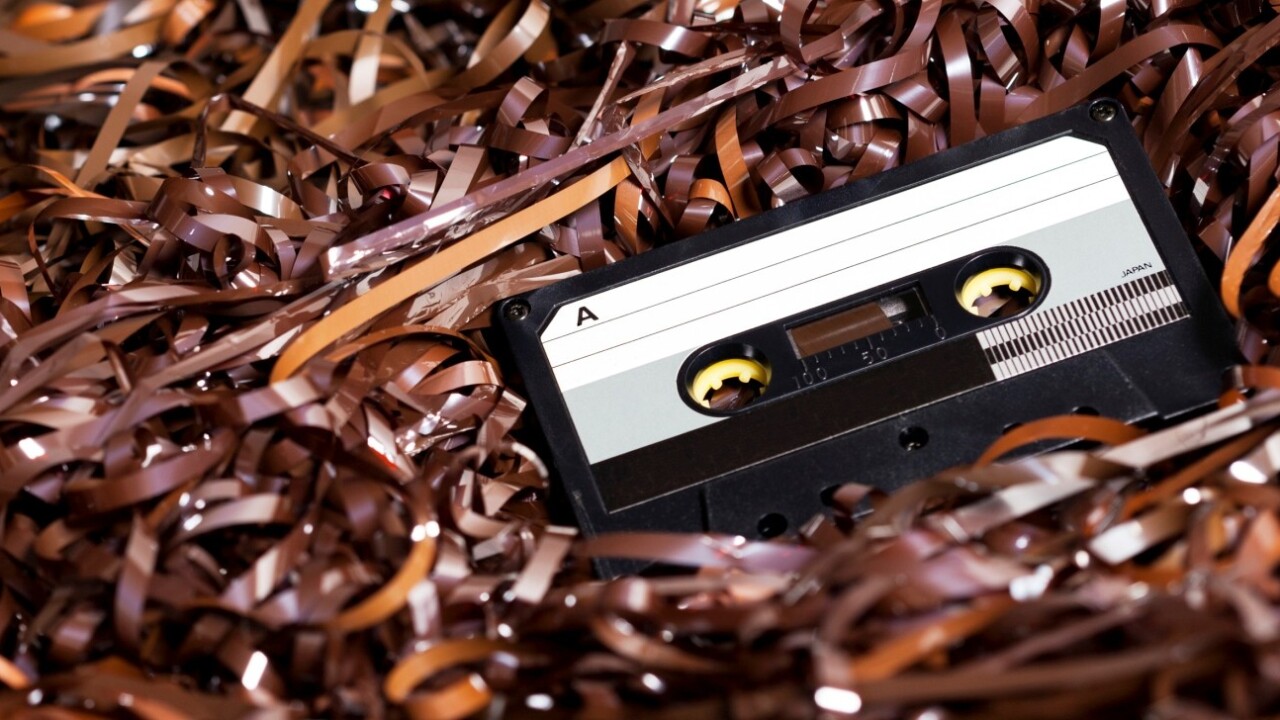
If you were born before the early 90s, chances are you’ve had more than a few dabblings with blank CDs and DVDs. You just might have forgotten about it.
However, Austrian copyright administrator Austro-Mechana certainly hasn’t forgotten about it, and is looking to reclaim at least €1.8m ($2.4m USD) in taxes for sales of blank recording media from e-commerce giant Amazon.
As outlined in a press release issued yesterday by the Court of Justice of the European Union in Luxembourg, the action brought by the copyright body relates to a period from 2002 to 2004, and it claimed an amount of €1,856,275 for the first half of 2004 alone, while seeking an order requiring Amazon to provide additional accounting data so it could establish how much it should owe for the remainder of that period.
The Handelsgericht Wien, a local commercial court in Vienna, granted this order to Austro-Mechana, while reserving its decision on the claim amount itself.
Amazon appealed on the grounds that it’s contrary to EU law, but the judgment was upheld. Amazon then escalated the case to the Oberster Gerichtshof – the Supreme Court of Austria – and that court in turn sought guidance from the EU’s Court of Justice, with a view towards interpreting the relevant provisions within EU law.
The case has now been passed back to the Oberster Gerichtshof, with the Court of Justice ruling the decision must come from within the local jurisdiction. But the crucial part to note is that Amazon didn’t succeed in its challenge as it wasn’t thrown out by the highest EU appeal court. So the tax – in itself – has been ruled as ‘just’, but the finer details of it are still very much up for debate.
Before we proceed any further, however, let’s backtrack just a little so we’re all on the same page.
Banking on the ‘blank-cassette levy’
Under European Union (EU) law, consumers are legally permitted to copy music, movies and other purchased media for personal use, be that onto blank disks, memory cards or anything else.
However, a caveat in this law stipulates that each of the 27 constituent EU countries must identify a way to offer artists “fair compensation” for the copy – the most obvious way being through taxes on sales of the recordable media. This is what has come to be known as the ‘blank-cassette levy’.
Certainly, in Austria it does indeed take the form of a private copying levy placed on all recordable blank CDs, DVDs and everything in between. However, Austro-Mechana is claiming that Amazon failed to collect this tax from consumers between 2002 and 2004, and thus is attempting to sue Amazon to reclaim money for rightsholders across Austria.
Muddy waters
Of course, recordable media can be used for many things, and it’s almost impossible to tell what consumers – especially ten years ago – were using their blank disks for. Maybe it was private copies of an album they’d bought, or maybe it was for storing family photos. And this is where waters start to muddy a little.
EU law stipulates that private copying levies cannot be collected when the intended use is clearly not the making of private copies. That said, under “certain conditions”, EU law doesn’t preclude “such a system of a general levy” that includes an option of reimbursement where the intended use doesn’t involve making private copies.
Of course, the process of reimbursing could prove pretty tricky if you don’t know who’s using their recordable media for making private copies, and who isn’t.
As such, the Court of Justice has essentially batted the decision back to the Oberster Gerichtshof, requesting that it verifies whether practicalities justify such a system of “fair compensation”, and whether the right to reimbursement is effective and “does not make repayment of the levy paid excessively difficult.”
To cut a very long story short, it doesn’t seem like we’re much further forward in the case – it’s up to the local Austrian courts to decide what consumers were using blank media for, and determine whether its “indiscriminate” tax is justified to compensate artists for lost revenue.
This case could be tricky to prove one way or another, so there may be some hope yet for Amazon – that said, it has already lost in the lower courts, so it really could go either way.
The Court of Justice also suggested that half of any money collected through the blank media tax could be used to fund social and cultural institutions set up to benefit artists, rather than dishing out the money directly.
You can read the judgement in full for yourself here.
Feature Image Credit – Thinkstock
Get the TNW newsletter
Get the most important tech news in your inbox each week.




